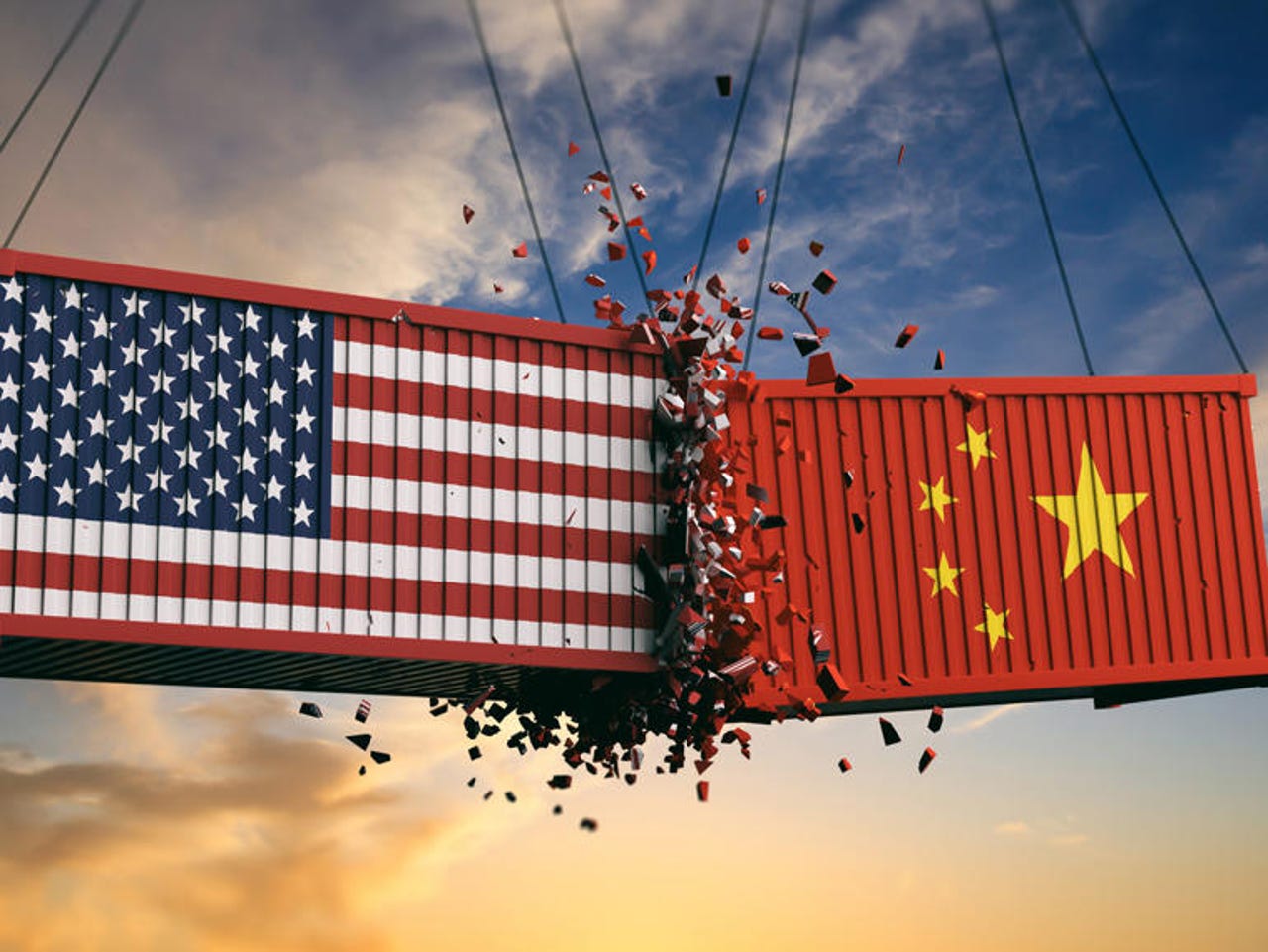Washington aims Clean Network program directly at stopping China and Huawei


United States Secretary of State Mike Pompeo announced on Wednesday the extension of Washington's 5G Clean Path program to encompass carriers, app stores, cloud computing, and subsea cables under the Clean Network umbrella.
Pompeo said the extension was needed to guard against "aggressive intrusions" by the Chinese Communist Party, and called other nations to create a "Clean fortress" around citizen's data.
Under the Clean Carrier label, the United States will seek to ensure Chinese carriers aren't connected to US telco networks.
"Such companies pose a danger to US national security and should not provide international telecommunications services to and from the United States," Pompeo said.
Similarly, under the Clean Cable moniker, the US will attempt to prevent China from gathering intelligence from subsea cables "at hyper scale".
For cloud computing, Washington will seek to prevent the "most sensitive" information of US citizens and businesses from being stored or processed on cloud platforms "accessible to our foreign adversaries" from Alibaba, Baidu, and Tencent.
With apps, Pompeo said the US will remove "untrusted applications" from US mobile app stores and prevent Chinese phone markers from pre-installing "trusted" apps on these app stores.
"Huawei, an arm of the PRC surveillance state, is trading on the innovations and reputations of leading US and foreign companies," Pompeo said.
"These companies should remove their apps from Huawei's app store to ensure they are not partnering with a human rights abuser."
Pompeo added that apps from China threaten privacy and spread malware, propaganda, and disinformation.
Also on Wednesday evening, Facebook pulled a video posted by the Trump campaign and said it violated the company's COVID-19 misinformation policies.
The video showed footage from a Fox News interview, where Trump was pushing for the reopening of schools. During the interview, he said children are "virtually immune" to coronavirus.
Pompeo said over 30 countries had been labelled as "Clean Countries" with "many" of the world's largest telcos being "Clean Telcos".
"The United States calls on our allies and partners in government and industry around the world to join the growing tide to secure our data from the CCP's surveillance state and other malign entities," the Secretary of State said.
"Building a Clean fortress around our citizens' data will ensure all of our nations' security."
Last month, the US added a further 11 companies to its entity list for their alleged involvement in repressing Uyghur Muslims and other Muslim ethnic minorities within China. The US initially blocked 28 Chinese companies in October.
In June, the US Federal Communications Commission formally designated Huawei and ZTE as national security threats.
Related Coverage
DOJ indicts two Chinese hackers for attempted IP theft of COVID-19 research
The DOJ suggests in the indictment that the hackers were working for both themselves and for the benefit the Chinese government's Ministry of State Security.
Zoom will stop selling directly to Chinese customers
The video-conferencing platform has announced that customers in mainland China will have to rely on third-party partners instead.
What happens when coronavirus travel bans hit the US?
Fresh from taking out the world's second-largest economy, coronavirus is going to play havoc when it hits the largest.
Alibaba Cloud turns on new hyperscale data centres in China
The three new facilities are part of the Chinese tech giant's three-year $28 billion investment to modernise its cloud infrastructure and support customers' digital transformation needs.
Huawei just overtook Samsung as the world's biggest smartphone maker
But Huawei's milestone wouldn't have happened now were it not for the COVID-19 pandemic, says analyst Canalys.